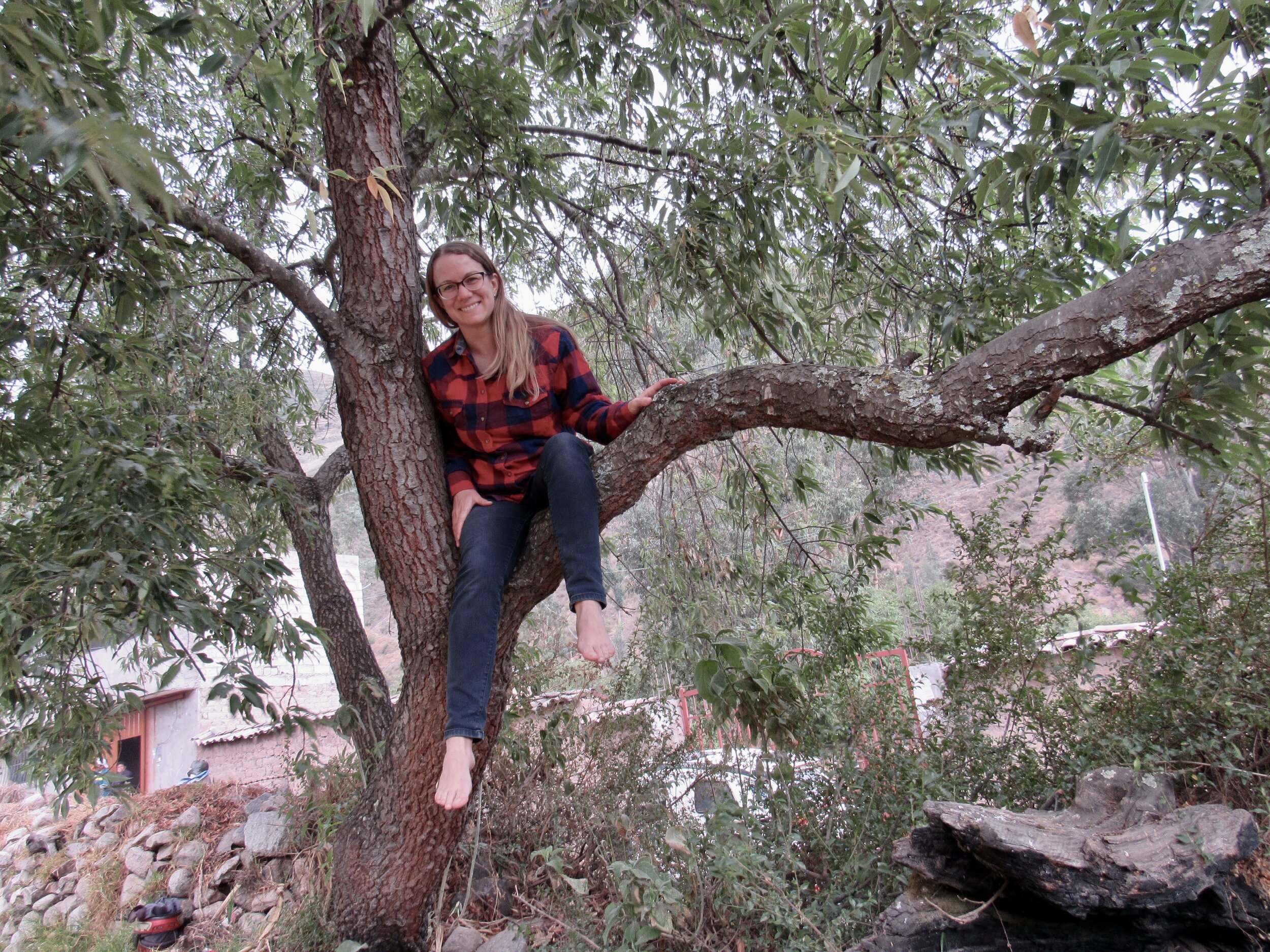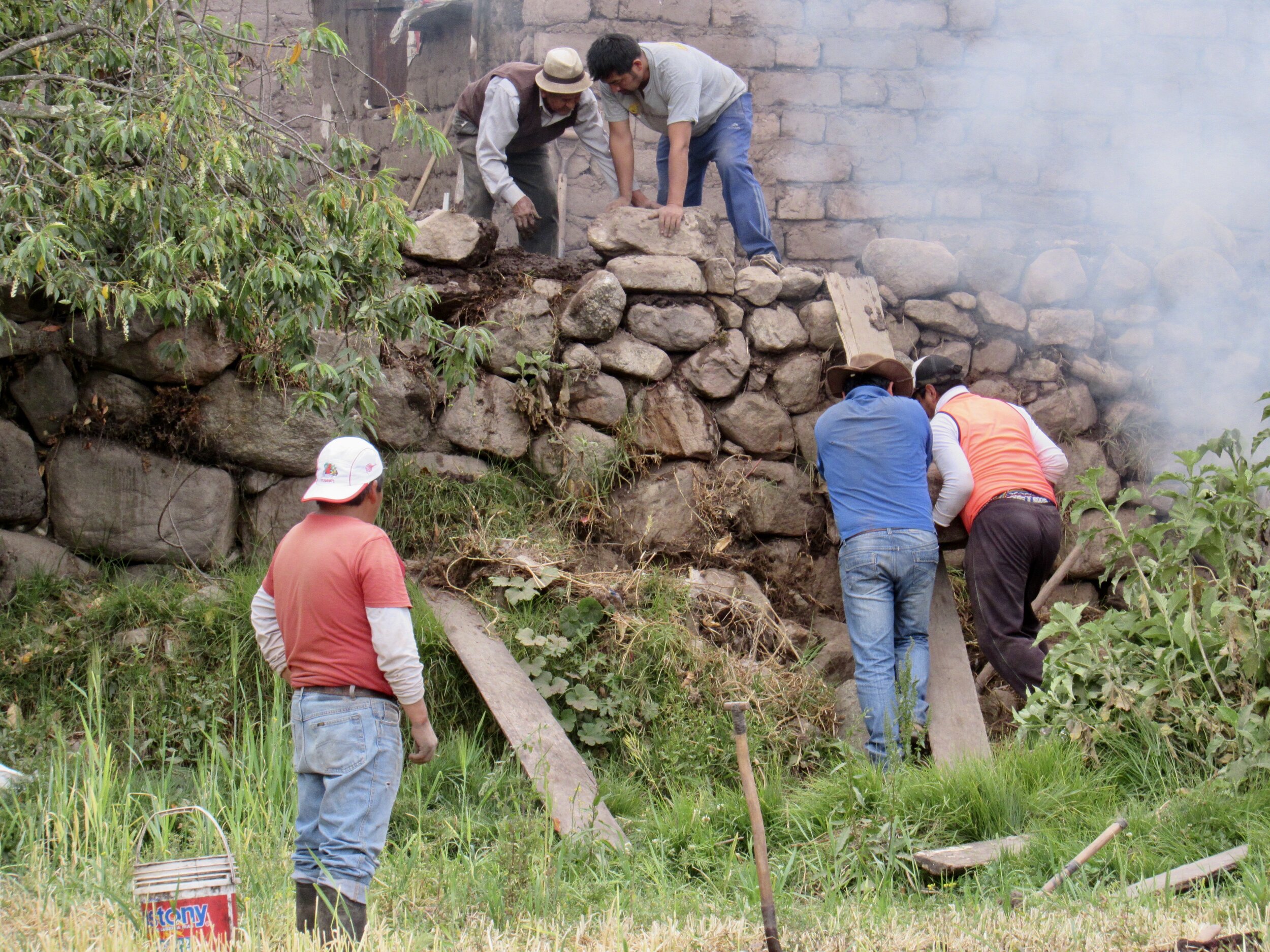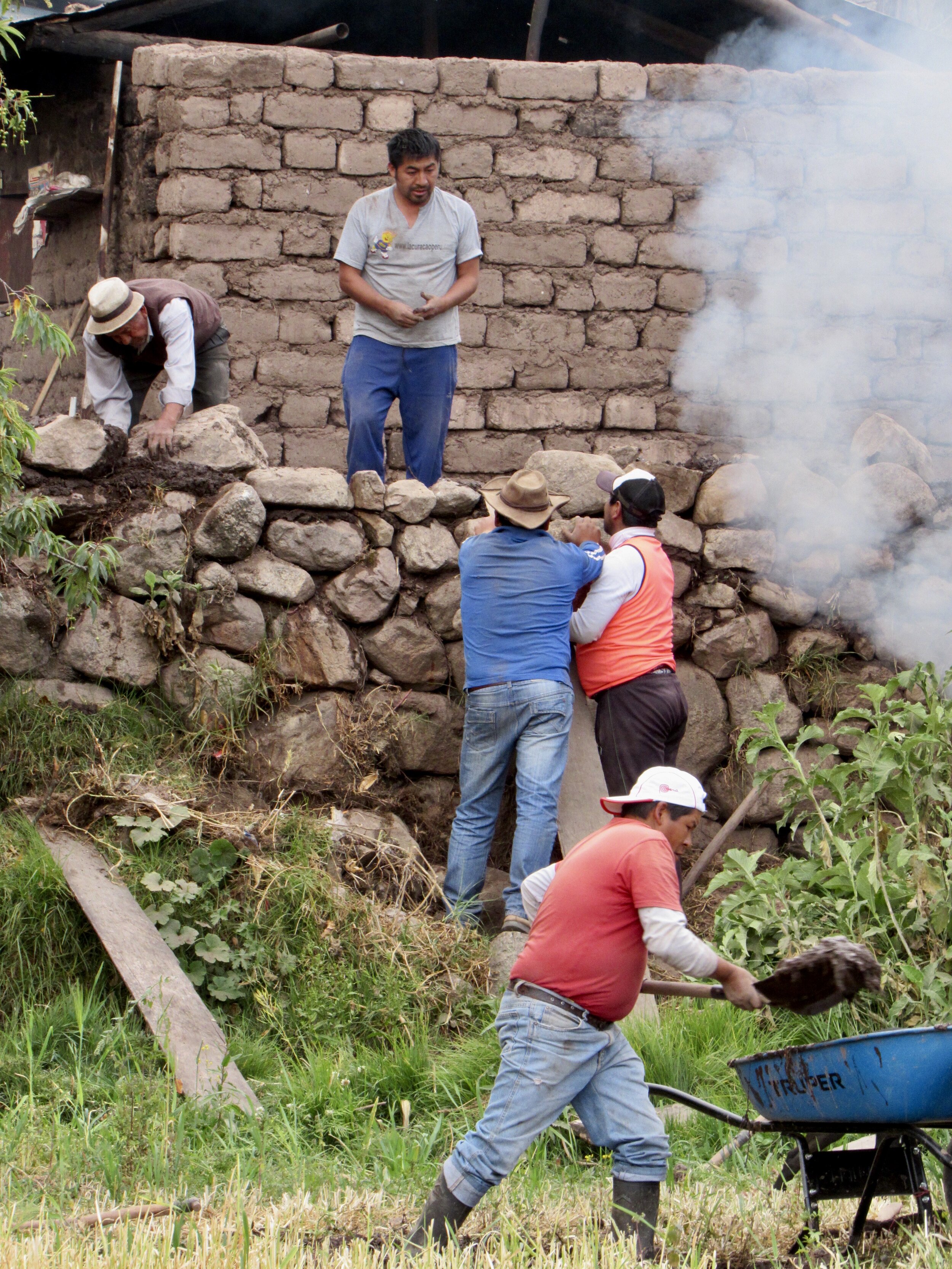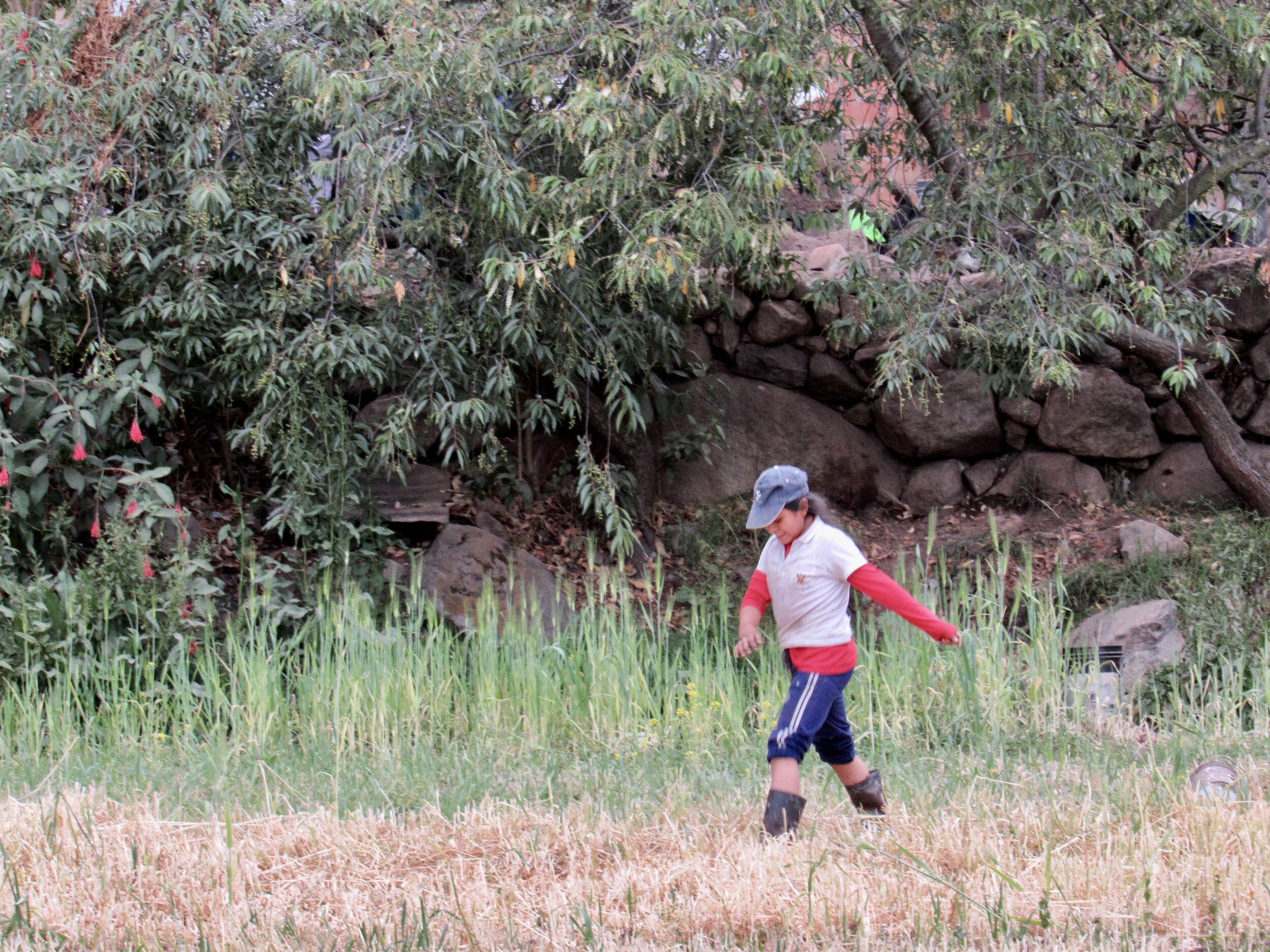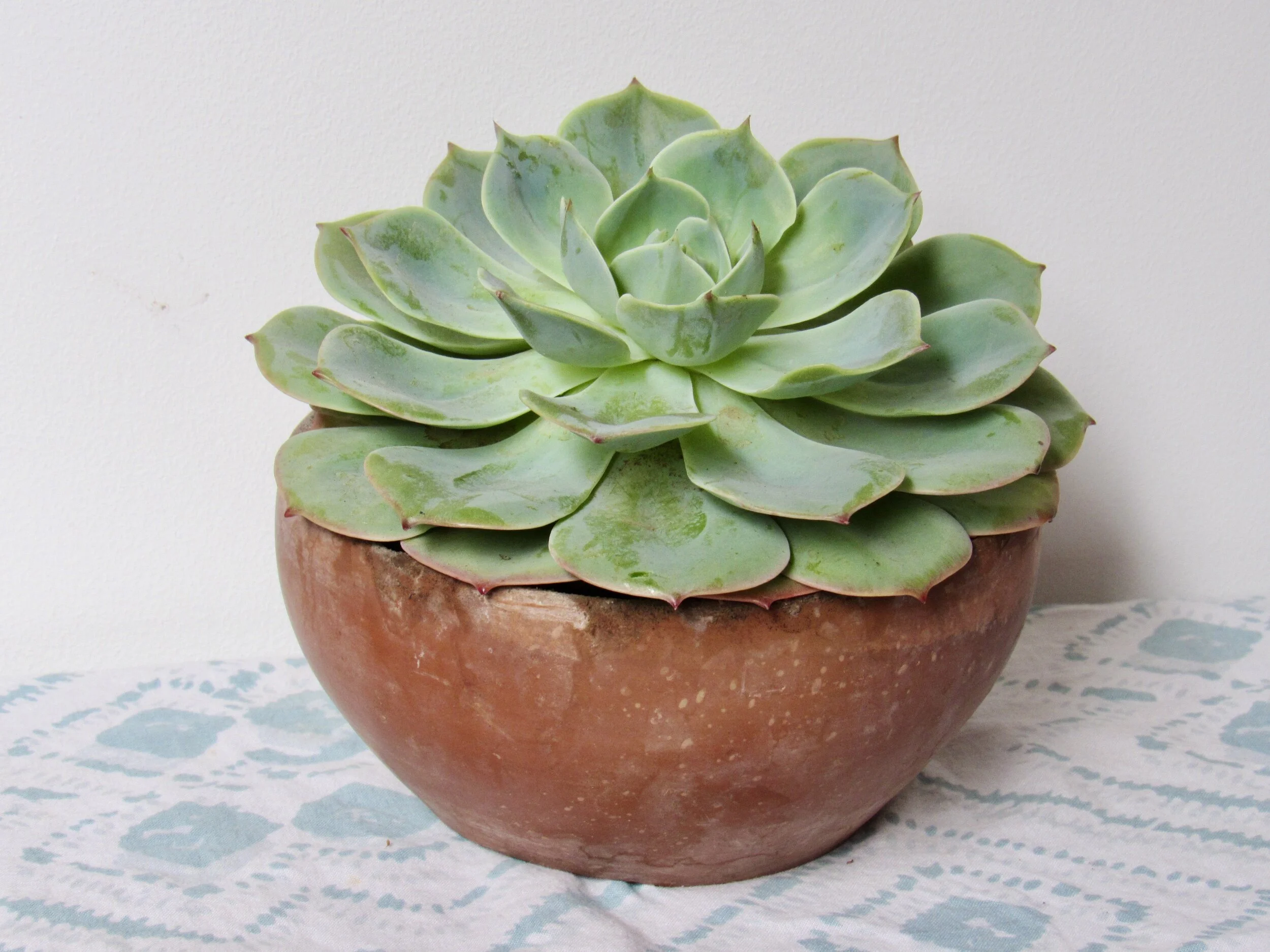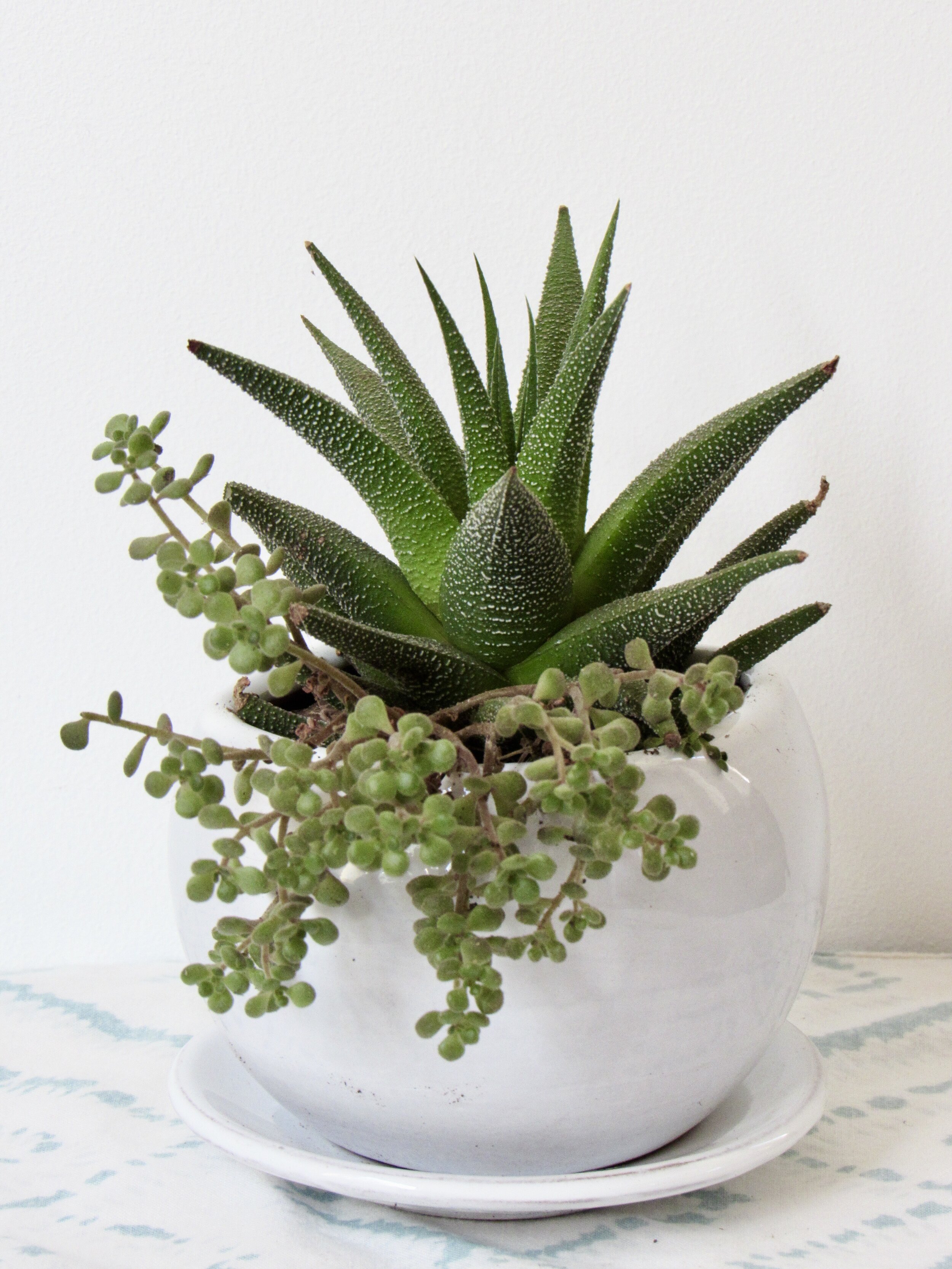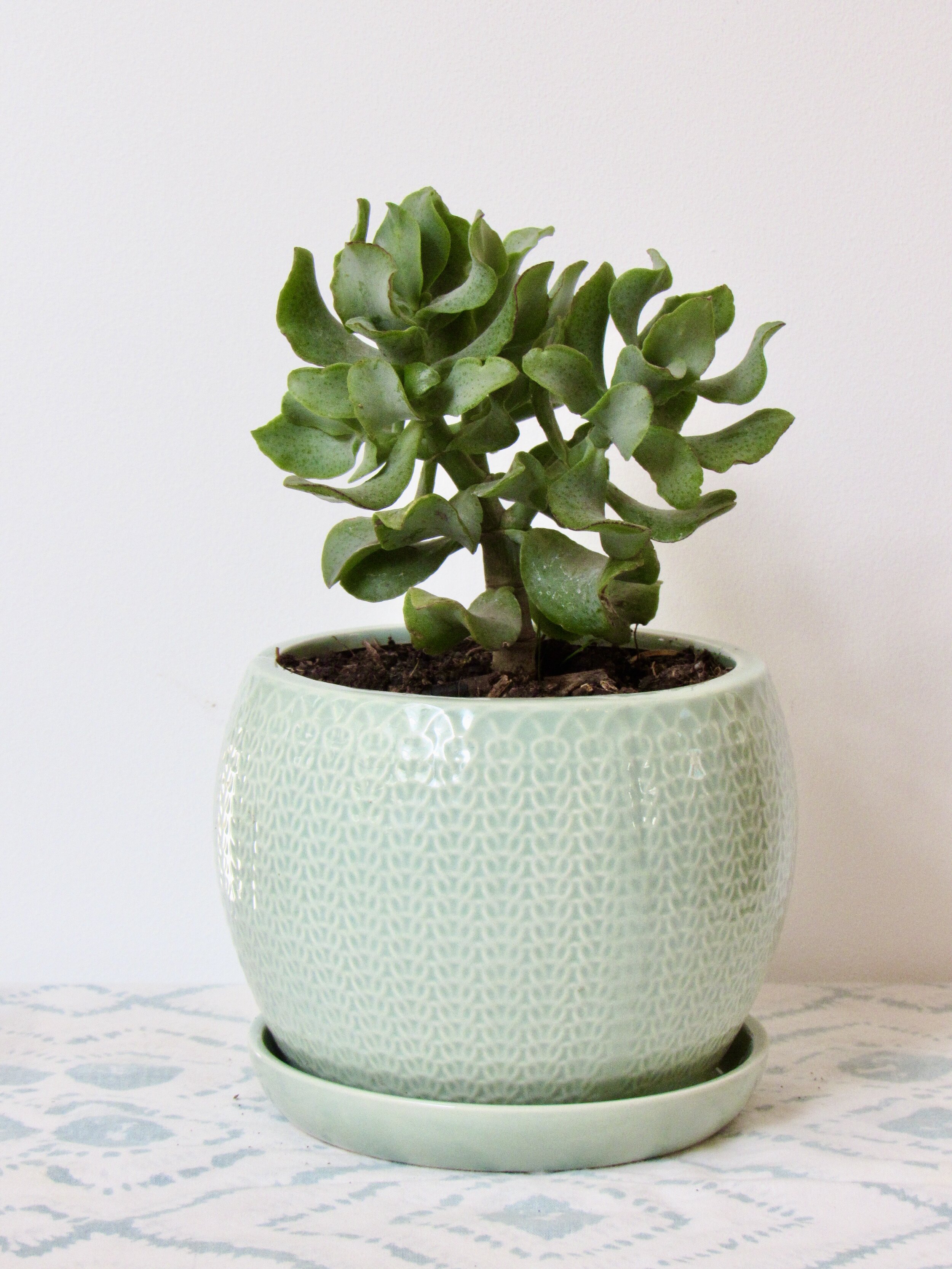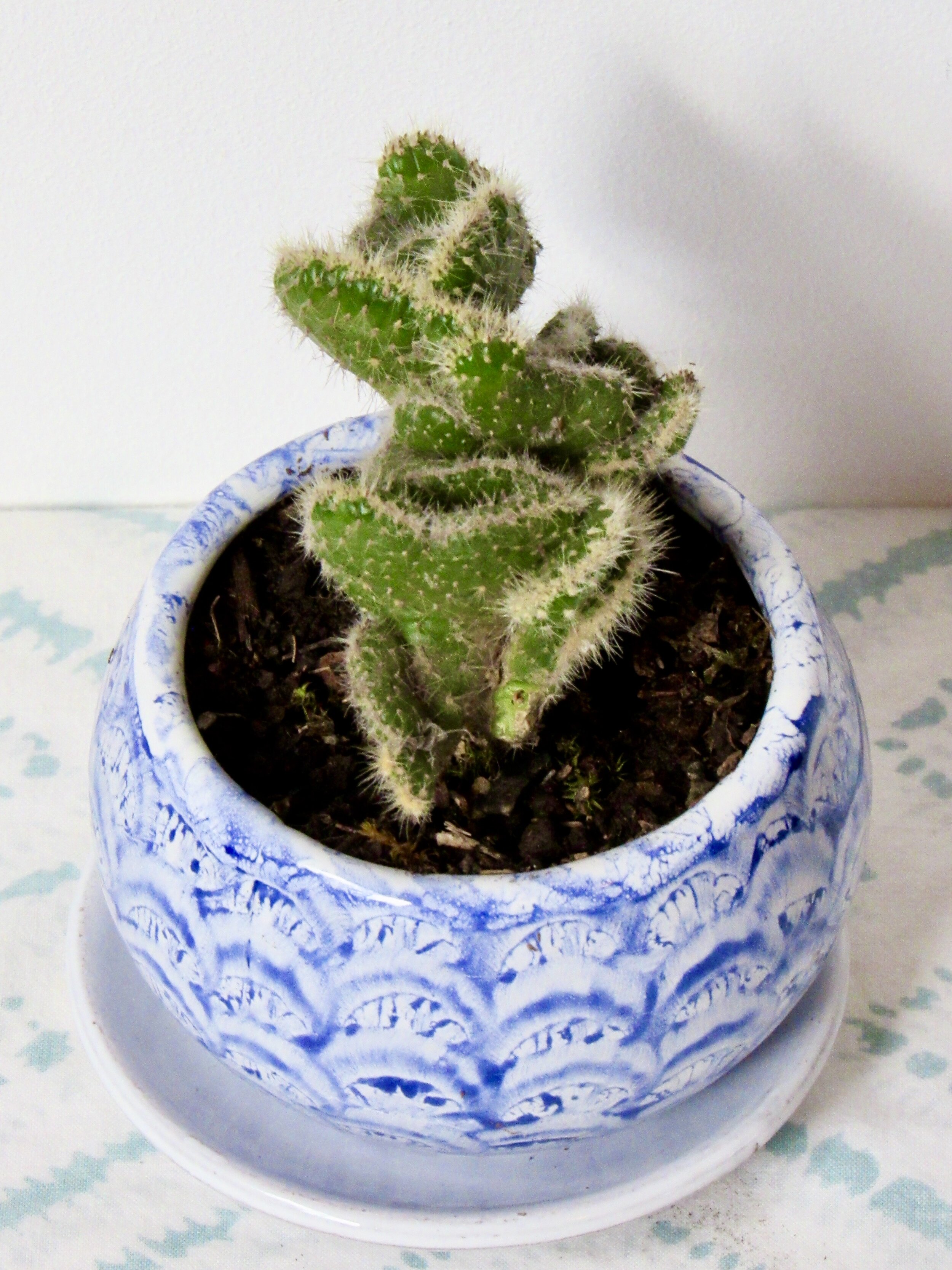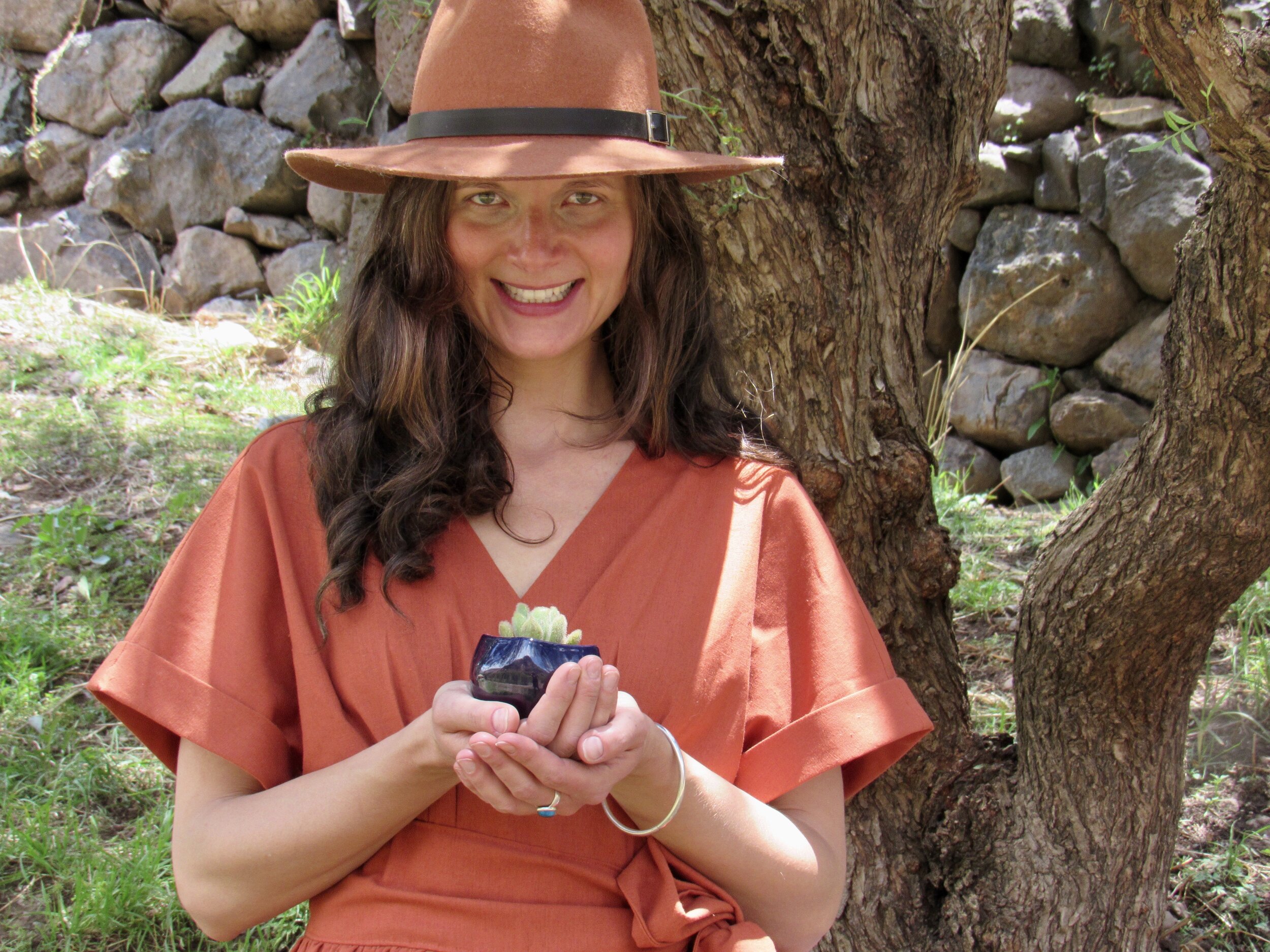Covid in Cusco: Week 31
Sunday, 11 October, 2020
212 days since Covid arrived in Cusco
Today something finally happened for tourism in Peru: a Japanese tourist who waited for seven months in Aguas Calientes got to visit Machu Picchu, which is still closed. Conociendo Perú reported on Facebook that the Peruvian government had relented to pleas to let Jesse Katayama visit Machu Picchu. He was accompanied by two photographers, but otherwise had the place to himself.
As you can imagine, this made quite a few of my friends here very jealous. Some of my expat friends moved to Cusco on purpose, well before the pandemic, and intended to live here. Several of them are just stuck here and most of those who are stuck haven’t been to Machu Picchu.
My former housemate, and current nextdoor neighbor Kerry, intended to leave Peru in early May. She had a job as the director of a Quaker summer camp in California, starting June 1st. Since repatriation flights are just that, for repatriating US citizens, as a British citizen she was not eligible for a flight to the US. Only this week have some international flights opened up, to Colombia, Ecuador, Chile and Brazil. In theory she could probably get to the US through one of those countries, but obviously any summer camp job would be over by now. Also, they had to cancel camp due to the pandemic. So, Kerry’s still here, and without any employment prospects in the UK, not sure what to do next.
My friends Sonia and David had also intended to leave Peru in the spring. They were supposed to go to the UK for a job in April. There were a few evacuation/repatriation flights to Europe, but they were only for EU or UK citizens, and David is a Mexican citizen. Not knowing how long the borders would remain closed, Sonia didn’t want to go back to the UK without him. She’s glad she didn’t leave in April, since this has gone on so much longer than any of us planned. They have decided to stay in Peru until 2021, then evaluate their options.
Another couple I’m friends with, Eva and Sam, are in the same boat. They didn’t plan to be in Peru this long, but with the borders closed, there’s nowhere they can go. Eva is a US citizen and Sam is Irish, so even if she wanted to get on a repatriation flight, he couldn’t go with her.
None of these five have been to Machu Picchu.
Jesse Katayama arrived in Aguas Calientes on March 14th, with a ticket to enter Machu Picchu on March 15th. Unfortunately, March 16th was when all museums, national parks, archeological sites and tourist attractions were closed. Airports were also closed, stranding thousands of tourists from all over the world. A week later, the Peruvian government allowed embassies to organize evacuation flights for their citizens, up to April 20th. After April 20th, some emergency evacuation flights were allowed and there was usually a flight every week to Miami, for US citizens. As of last Friday, 13,564 Americans have been repatriated, according to an email from the US Embassy in Lima. I have no idea what the Japanese government did for its citizens.
What the Peruvian government wanted was for Aguas Calientes to be evacuated. It is a small town at the foot of Machu Picchu, only accessible by train. It’s so small that there are no cars and no clinic or hospital. One of the reasons that residents of Aguas Calientes have protested the government opening up Machu Picchu is the lack of medical services. What happens if a tourist arrives and starts to feel symptoms of Covid? The only evacuation options are train and helicopter. What happens to the hotel they were staying in? The hotel employees and other guests? The other people who were on the train to Aguas Calientes with that person?
Jesse managed to avoid evacuation and has been staying in a hotel for seven months. I admire him for sticking it out, while also recognizing what a privilege it is to be able to afford a hotel for seven months and to not have to go home for work or family responsibilities. How many other tourists were evacuated from Aguas Calientes before they could visit Machu Picchu? When will it open again so Kerry, Sonia, David, Eva and Sam can finally visit? While the government has promised to reopen with 30% capacity, they will not set a date.
Life is coming back to the Plaza de Armas
Masks are still the law in Peru, but nobody seemed to mind that this couple took their masks off for the wedding photos. It’s so reassuring to see the yellow caution tape taken off the main square in town. Life won’t be returning to normal for years, but at least we are allowed to leave our homes now.
Monday, 12 October, 2020
Late last night I got a call from an unknown number, the sort of thing that I often ignore. I picked it up anyway, since it looked like a US number. It was Erin, calling from Canada to ask if I had gotten my absentee ballot. When I registered with Democratsabroad.org I must have given them my Peruvian cell phone number. Like many expats from the US, Erin is trying to help other Americans living abroad vote in this election.
I was actually so thankful for her call. Last week I started worrying about not having received my ballot yet. Last year I received my electronic ballot for Washington State on October 5th and voted that day. I told Erin that I had started carefully watching my spam and other email folders on October 1st, just in case my ballot wasn’t sorted into my inbox. She told me to look farther back, because most states emailed voters who had already requested a ballot back in September.
Sure enough, my ballot was emailed to me by Washington State on September 18th. I could have voted almost a month ago! Still, no harm done. It is certainly not too late to vote for the November 3rd election. So, today I printed out the ballot, filled it out, signed it, took photos with my phone and emailed them to Thurston County Elections. I even got back an email from the elections clerk an hour later, confirming the receipt of my ballot and saying that it may take three to four days for the ballot to be officially registered as counted on the Washington state website.
I just love that I can track a ballot the way I can track a package. Thankfully, my ballot will not have the same delays that my package sent from Boise suffered. That is thanks to Washington State having an elections system that supports electronic ballots. Many states have recently had to expand absentee voting options to help people vote safely during the pandemic. Last November, obviously before we were dealing with a pandemic, I was still able to vote electronically for Washington.
There are states which will allow you to print the ballot, but require you to mail back a paper copy. I had to do that when I voted for Obama from Bangladesh because I was voting in Idaho. If I had to do that now, I have no idea if it would get there because most postal services are still shut down due to the pandemic. Some states actually require that you receive a paper ballot in the mail, wherever you are in the world, and send it back by mail. When I lived in Morocco, I received a ballot from Idaho on November 12th, obviously after the election and obviously without any way to send it back in time to be counted.
In Peru, since voting is mandatory, it is difficult for me to convey to Peruvians exactly how many obstacles there are for many Americans who want to vote. For example, the law that restricted voter registration in North Carolina, which a court struck down saying that it “targeted African-Americans with almost surgical precision.” When the government here is so focused on making Peruvians vote, and fining them for not voting, it is difficult for them to comprehend a government that would actually try to make it harder for people to vote. Yet, that particular North Carolina law is certainly not the only time that a state or county law has been designed to disenfranchise voters. That any part of government would actively try to prevent people from voting is incomprehensible to Peruvians and I have to say I can see their perspective now.
Living in the US we can get immune to some of these outrageous injustices. Yes, we recognize that it’s wrong, but we also recognize it as part of the system. Gerrymandering is part of the system. It’s a system that increasing numbers of people are publicly recognizing as racist, but it’s still a system that we’ve lived with for so long that we only see it from the inside.
One thing I have always appreciated about traveling and living in other countries, is the fresh perspective it allows me to have on my own country. Most immigrants and expats will tell you that you don’t really know how much you love your country until you leave it. You don’t know what you’ve got till it’s gone.
Amid the political chaos, unemployment crisis and unchecked raging pandemic, there is a lot for me to dislike about the US. I vividly remember that for days after Hillary lost the election (despite winning by almost 2.9 million votes) I felt like I had been kicked in the stomach. My despair at realizing the level of misogyny in my own country was sickening. I actually felt nauseous and had headaches and cried for several days. I wore black for weeks. I just didn’t want to believe it.
Despite the things that I was glad to leave behind, there are a lot of things that I miss about home. Yet at the same time, I have adapted well to life in Cusco. I have even adapted fairly well to pandemic life, with all of our continued restrictions. I still enjoy living in Cusco and don’t want to go home yet. I don’t feel trapped here, despite the borders being closed for almost seven months.
Today CNN picked up the story of Jesse Katayama, which I highly recommend reading.
Also, KEXP did special programming all day for Indigenous People’s Day and tonight on El Sonido Albina and Chilly played several songs in Quechua, the native language of the Cusco region. The show is available for two weeks on kexp.org - check it out!
Evita, Echeveria
Potting plants and filling my windowsills and shelves with beautiful succulents and cacti has made my comfortable apartment into a comforting oasis, a space that I actually want to stay in as we wait out the pandemic.
Tuesday, 13 October, 2020
Exactly seven months ago was our first diagnosed case of Covid-19 in Cusco. Since then almost 900,000 Peruvians have tested positive and over 33,000 Peruvians have died of Covid. In a country of only 32 million people, that is a significant percentage.
Everything has changed.
Like in most countries around the world, the most obvious impacts discussed in the media are on public health and the economy. However, I think something missing in these discussions are the impacts on mental health and domestic abuse.
In an article published by Silviana Sarabia in the Peruvian journal Revista de Neuro-Psiquitría, Sarabia writes to her colleagues about “Mental health in the time of coronavirus.” As part of her recommendations to other psychiatrists, she suggests that in treating patients, her colleagues should recommend several specific actions to their patients to help them stay healthy during the pandemic. My favorite of these is about social media. Psychiatrists should direct their patients to “limit the exposure to mediums of communication (and social media): it has been described that an excessive exposure to mediums of communication can generate negative consequences in mental health, for which it is suggested to recommend to patients (and health professionals) to limit such contacts and to have them with trustworthy mediums.” [My translation]
That has certainly become a struggle for so many of us. Which news sources can we trust? Whose word can we trust? (I ask that not only in reference to Peru, but also to the US government). How much information is enough so that we feel we know the facts of how the pandemic is unfolding, so that our imaginations don’t run away with us and yet don’t start to drown in despair? I try to limit my news sources to NPR, CNN and the Daily Show with Trevor Noah, interspersed with nature documentaries, hikes and time with my growing collection of pet cacti and succulents. I should probably add YouTube puppy and kitten videos to the mix.
Writing this blog is usually therapeutic, though the time on the computer after already working online all morning for the trekking agency can be too much. As somebody who has always had to be very aware of my own mental health, I am acutely aware that not taking good care of myself is a recipe for disaster in such a stressful global pandemic. So far, I think I’m doing a good job and perhaps faring better than those who have not had to previously develop habits to care for their mental health.
My entire adult life I have had to carefully create healthy habits for sleep, exercise, diet and social interactions as essential to my health. Now, I’m starting to think that my struggles with mental health have given me a leg up in surviving the pandemic in the broader picture, not just in terms of surviving the pandemic by avoiding Covid or recovering from an actual infection. There’s surviving the pandemic with your physical health intact, and there’s the greater challenge of surviving the pandemic with both physical and mental health intact.
Wednesday, 14 October, 2020
With so many government offices closed on March 16th, and so many that are still closed, the backlog of cases the Peruvian immigratons office has to deal with has grown to be unmanageable. The government has even said that anybody in Peru on a tourist visa will have sixty days to leave the country, after the State of Emergency has ended. There will be no penalties for overstaying a tourist visa. This is a great way to sidestep the problem of dealing with tourists trapped here.
Still, there are so many other problems that they’re going to have to deal with when they finally do open. My work visa doesn’t need to be renewed until mid-December, but what about the people whose visa expired sometime between March 16th and now? There is a special class of visas just for Venezuelan refugees, most of whom don’t even have a passport. They entered the country with only their government ID cards. According to the United Nations High Commissioner for Refugees, there are over 830,000 Venezuelan refugees in Peru.
Though most of these new ways of avoiding issues for expats, tourists or refugees in Peru will help us here, I wonder about what effect they will have on the ability to enter other countries. Will it be more difficult to enter another country because our legal status in Peru doesn’t look right? Have other countries also thrown up their hands and decided that this is the least of their worries during a global pandemic?
Interestingly, I got an email from the US Embassy in Lima that when we do manage to get a flight to leave Peru, they will not even stamp our passports at the airport:
Migraciónes Suspending Use of Passport Stamps: The Peruvian Immigration Authority (Migraciónes) announced that it has suspended the stamping of passports upon arrival to and departure from Jorge Chávez International Airport as part of ongoing efforts to minimize the risk of spreading Covid-19. If you are traveling, be aware that while your passport will not be stamped, a digital record of your arrival or departure will still be created. The measure applies to both commercial and repatriation flights and is effective immediately. More information can be found here (in Spanish).
Today there was an interesting new study about Covid on CNN. According to two separate studies, people with O blood type may have a lower risk of contracting Covid and a lower probability of serious complications if we do get Covid. I’m O+, so this looks like good news for me. The difference is an almost insignificant 2 or 3 percent, but I’ll take it.
I’m still counting on the article published in the National Institutes of Health that shows people who live at high altitudes, like Cusco, also have less risk of contracting Covid and less risk of serious complications. The percentages in this study are much more significant, but I’m even happier if my O blood type can boost my chances even above the high altitude study.
Obviously, neither of these studies make me think that I am immune, or that I shouldn’t continue to be super careful every time I leave the house. I’m still wearing a mask anytime I step out the door, washing my hands all the time and trying to keep a good distance between me and anybody outside my home. Still, in a pandemic like this it’s nice to have any bit of optimism I can find.
For you, for me, for the planet
This is one of the few recycling services available in the Cusco region. There is no regular city recycling service, but if you call Reciclo Cusco, they’ll come pick up what you have.
Thursday, 15 October, 2020
Today after work I walked a block to the Lucrepata park, which I could see from the windows of my old apartment. The four story apartment building that is going up between my old place and the park is well underway. The view is already completely gone and the construction workers can see down into my old bedroom. I am so glad that I moved when I did!
At the park I met several friends who had brought recycling for pickup. Cusco doesn’t have a regular recycling service, but Reciclo will come pick up recyclables if you call them. I didn’t have anything to recycle, but I went to see what my friends had brought. With so many baby plants in Urubamba needing pots, I have been in need of containers.
I went home with a bag of tetrapaks from my friend Juanita’s coconut milk habit and a lot of disposable water bottles. I try so hard to always have a Nalgene with me, so I never have to buy a disposable bottle. I know my friends so too, but sometimes they still end up buying bottled water.
The tap water in Cusco isn’t safe to drink, so I bought a filter to attach to my kitchen sink. Most people here can’t afford a filter and have to boil water. Imagine how much plastic would be avoided and how much gas or electricity would be saved if the city could just supply clean water? It’s something that seems so obvious to me, but Costa Rica is one of the few places I’ve been in Latin America where you can drink the tap water. What will it take for Peru to get there? The cost to citizens in time and energy, boiling water every day, plus the cost to the environment in disposable plastic bottles surely is higher than the cost to just supply clean tap water.
In the meantime, I’ll reuse all of the bottles that my friends would otherwise recycle. Since I can only use the bottom half for baby plants, I’ll save the top half that we cut off to recycle the next time we call the recyclers for a pick up.
Friday, 16 October, 2020
During my English class with Angela and Fred this evening I asked for an update on their nephew Fabián. Angela mentioned that her aunt Gladys went home, so I asked if Fabián was out of the hospital and if he was able to go home. Fabián’s father is Angela’s cousin and his family had come from the Amazon to Lima to find a pediatric neurologist for Fabián weeks ago. Fabián has been treated with corticosteroids and physical therapy for what could be complications from Covid. Fabián’s whole family had Covid about a month before he started having trouble moving and speaking. Those are very scary symptoms for a four year old and they drove him to Lima as soon as they were able to get police permission to travel.
The update on Fabián is that he has been responding to therapy and the doctors have told his family that after another month in Lima, they should be able to go home to the Amazon. His family moved out of Gladys’s house to stay a while with Fabián’s maternal grandmother. Initially, the family had arranged for them to have a house to themselves, since they had all recently had Covid and you just can’t be too careful. After more than a month in Lima, the grandmother decided that she would rather have her daughter and grandson with her than not see them for fear of her getting Covid.
I think the most tragic thing about Covid is that it has separated so many families. Anything else that people die of, they don’t have to die alone. Even during the worst of the AIDS epidemic, nobody had to die alone and they didn’t have to be separated from their families when they were sick. Nobody had to quarantine or self-isolate. Covid has just forced so much isolation on people that I worry about the long term mental and social consequences.
Working on adjectives this evening, I asked Angela and Fred to describe their daughter Luana. The list of adjectives they came up with was: intelligent, fun, special, committed, persistent, lovely, active, athletic organized, funny, an nd cheerful.she can stay all of those things throughout the isolation from her friends this year, she’ll be fine. I hope all of her generation is as resilient as she is.
Saturday, 17 October, 2020
Last night, after my English class with Angela and Fred, I got one of the last vans to Urubamba. I teach until 6:30, and curfew is still 8:00, so I had to hurry to get to the bus stop and get one of the last spots in the van before 7:00. It takes about an hour to drive to Urubamba, and though a lot of people have given up caring much about the 8:00 curfew, van drivers still don’t want to be caught out on the road after curfew.
So, today I woke up in the Sacred Valley, with a warm morning sun. It really is a relief to go down in altitude from Cusco, not for the extra oxygen, since I’ve completely adapted to the thin Cusco air, but for the temperature. Cusco is always cold. In the direct sun, you might feel warm, but in the shade and in the evening as soon as the sun goes down, you can tell that you’re at high altitude. It just gets so cold so quickly. In contrast, the Sacred Valley stays much warmer all year.
My friend Hannah, who has her own clothing brand HJK, invited me to be part of a fair that she is doing today with her friend Evelyn, whose clothing brand is Hilo. There were also a couple other people, who I hadn’t met before. The spot they had was absolutely beautiful, and although not a lot of people came to the fair, I had a fabulous time hanging out with everybody. The days started out bright and sunny, so hot that the afternoon clouds were a welcome relief.
HJK and Hilo
Hannah and Evelyn have both created amazing businesses here in Cusco. Hannah makes and designs all things knit and Evelyn does the same with sewing. Both are wearing Hilo creations.
After the fair, I went to see Auqui’s family who spent today rebuilding a rock wall on the uphill side of their chacra. As I explained in a previous blog, a chacra is like a small farm, though often it’s just a field. Most people don’t live at their chacra, but have a small shed for tools and farming supplies. It can get buggy in the afternoon, so they had started a smokey fire next to where they were working, to keep the mosquitoes away.
I hadn’t brought any clothes that would work for getting muddy and hauling rocks, so I played with the kids, climbing trees and showing them how to use my camera. Auqui’s niece Urpi is only ten, but she’s definitely got an eye for composition already. She took several photos of me climbing in her favorite tree and they were all really good. I have offered to help Auqui’s nieces and nephews with English homework, but I might spend more time with Urpi working on her photography. She might be a natural, if I can get a camera in her hands more often.
